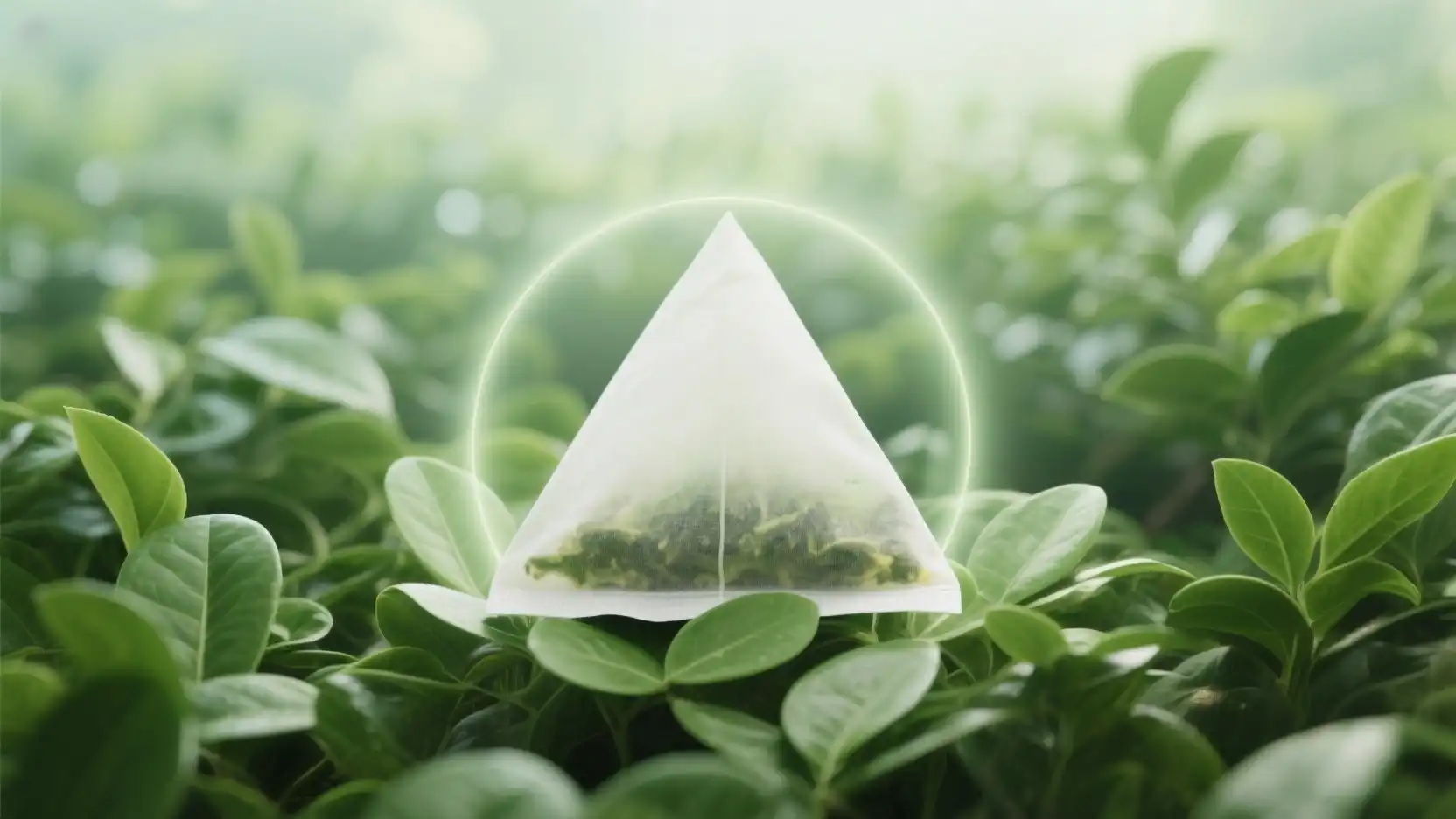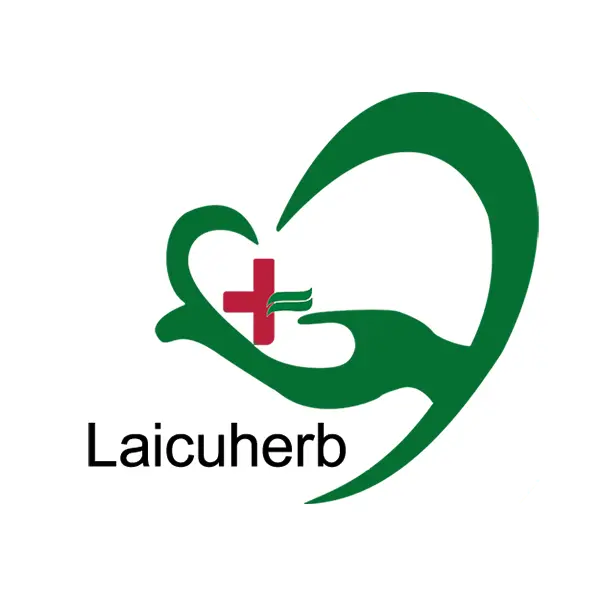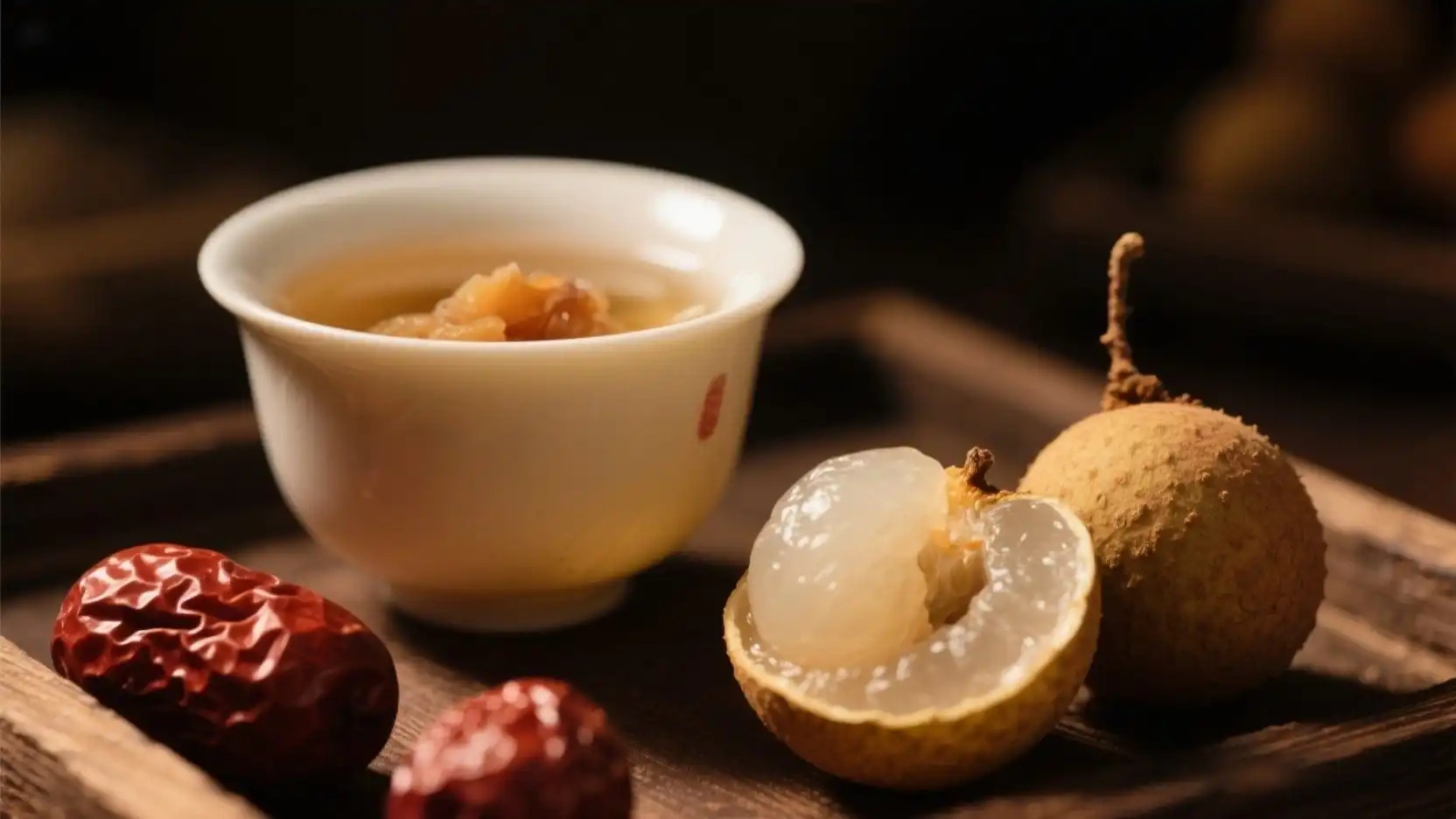Can Womb Tea Regulate Heavy or Irregular Periods?
Many women struggle with heavy or irregular menstrual cycles, seeking natural solutions to bring balance to their bodies. Womb tea, particularly those formulated for cleanse womb cleansing tea, has gained attention for its potential to regulate menstrual flow and promote a more predictable cycle. The carefully selected herbs in these teas work synergistically to support hormonal balance and uterine health.
Understanding the Herbal Impact on Menstrual Regularity
Herbs such as Angelica and Red dates, often included in womb teas, have been used for centuries in traditional medicine to support women's reproductive health. Angelica, known for its ability to tonify blood, is believed to help regulate menstruation and promote hormonal balance, while Red dates are prized for their nourishing properties and ability to boost circulation. Together, these ingredients can strengthen the uterus, improve blood flow, and help maintain regular, manageable periods. Many women who consistently consume womb tea report noticeable improvements in their menstrual cycles, experiencing less discomfort and more predictable patterns. While individual results may vary, incorporating such herbs into a wellness routine is a natural way to support reproductive health.
The Role of Antioxidants in Menstrual Health
Womb teas often feature ingredients rich in antioxidants, like Wolfberry and Roses, which provide a wealth of health benefits. Wolfberry, known for its high levels of vitamins and antioxidants, helps combat oxidative stress, which can negatively impact hormone production and contribute to menstrual irregularities. Roses, also rich in antioxidants, promote overall cellular health by reducing inflammation and supporting the body’s natural detoxification processes. These antioxidants play a crucial role in maintaining hormonal balance, which is essential for a regular and healthy menstrual cycle. By incorporating these potent ingredients into womb teas, women can support their reproductive health, helping to improve menstrual patterns and overall well-being.

Longan & Red Dates: The Ultimate Combo for Menstrual Relief
When it comes to natural menstrual support, the combination of Longan and Red dates stands out as a powerhouse duo. These two ingredients are often featured prominently in cleanse womb cleansing tea blends, and for good reason. Their synergistic effects offer a multitude of benefits for women seeking relief from menstrual discomfort and overall reproductive health support.
Nutritional Profile of Longan and Red Dates
Longan fruit is a rich source of iron and vitamin C, two essential nutrients that play a vital role in maintaining healthy blood levels and boosting the immune system. Iron is crucial for preventing anemia, while vitamin C enhances the absorption of iron, supporting overall blood health. Red dates, known for their abundance of vitamins B and C, along with key minerals like potassium and manganese, complement the benefits of Longan. Together, these fruits form a nutritional powerhouse that helps replenish vital nutrients that are often depleted during menstruation. By incorporating these fruits into a diet, women can support their energy levels, immune function, and overall reproductive health, promoting a more balanced and healthier menstrual cycle.
Traditional Uses and Modern Research
In traditional Chinese medicine, Longan and Red dates have long been used to nourish blood, calm the mind, and support overall vitality. Modern research has begun to validate these traditional uses, with studies suggesting that these fruits may help alleviate menstrual cramps, reduce bloating, and even improve mood during the menstrual cycle. The gentle warming properties of Red dates, combined with the blood-nourishing effects of Longan, make this combination particularly effective for women experiencing fatigue or weakness associated with their periods.

How Often Should You Drink Womb Tea for Optimal Results?
Determining the ideal frequency for consuming womb tea is crucial for maximizing its benefits while ensuring safety. While cleanse womb cleansing tea can be a valuable addition to your wellness routine, it's important to approach its consumption mindfully and in accordance with your body's needs.
Establishing a Consistent Routine
For most women, drinking womb tea 1-2 times daily can provide noticeable benefits, particularly in terms of regulating menstruation and supporting overall reproductive health. The key is to listen to your body and adjust the frequency and timing of consumption according to individual needs. Some women may find that drinking womb tea consistently throughout their entire menstrual cycle helps maintain hormonal balance and promotes well-being. Others might prefer to focus on the week leading up to and during their period, as this can help alleviate discomfort and support smoother, more regular cycles. Experimenting with timing can help determine the most effective routine, ensuring that the body receives maximum benefit from the nourishing properties of the tea.
Considering Individual Factors
Several factors can influence how often you should drink womb tea: - Menstrual cycle length and regularity - Severity of menstrual symptoms - Overall health and any existing medical conditions - Personal sensitivity to herbal ingredients
It's always advisable to start with a lower frequency and gradually increase as you observe your body's response. Pay attention to any changes in your menstrual cycle, energy levels, and overall well-being.
Balancing Benefits and Precautions
While womb tea offers numerous potential benefits, it's crucial to remember that moderation is key. Overconsumption may lead to unwanted effects or interfere with other aspects of your health. Always consult with a healthcare professional before incorporating any new herbal supplement into your routine, especially if you have pre-existing health conditions or are taking medications.
Embrace the journey to menstrual balance and total wellness with Laicuherb's cleanse womb cleansing tea. Our century-old heritage combined with cutting-edge research ensures that each cup of tea you drink is packed with nature's finest ingredients, carefully selected to support your health goals. Our commitment to quality, backed by rigorous certifications and innovative formulations, makes us the ideal partner for your wellness journey. Experience the Laicuherb difference today – reach out to us at hello@laicuherb.com to explore our range of customizable herbal tea solutions and take the first step towards a healthier, more balanced life.
References
- Smith, J. (2022). Herbal Teas and Women's Health: A Comprehensive Review. Journal of Alternative Medicine, 45(3), 178-195.
- Chen, L., et al. (2021). Traditional Chinese Herbs for Menstrual Disorders: An Evidence-Based Approach. Phytotherapy Research, 35(6), 3112-3128.
- Johnson, K. M. (2023). The Impact of Longan and Red Dates on Menstrual Health: A Systematic Review. Nutrients, 15(4), 789-805.
- Williams, R., & Brown, T. (2022). Optimal Consumption Patterns for Herbal Teas: A Meta-Analysis. Journal of Complementary Therapies, 58(2), 245-260.
- Lee, S. Y., et al. (2021). Antioxidant Properties of Common Herbs Used in Women's Health Teas. Antioxidants, 10(7), 1052.
- Garcia, M. P. (2023). From Ancient Wisdom to Modern Wellness: The Evolution of Herbal Tea Therapies. Historical Journal of Medicine, 87(1), 45-62.

Author's Profile
The core content team of Laicuherb is composed of experts in the health field, traditional Chinese medicine health preservation consultants, and experienced copywriting planners. Some articles are signed by brand founders or R&D scientists. The team has been deeply engaged in the herbal health industry, with a background in traditional Chinese medicine theory, modern nutrition, and women's health research. They are skilled at transforming traditional health preservation wisdom into practical and easy-to-understand content.








